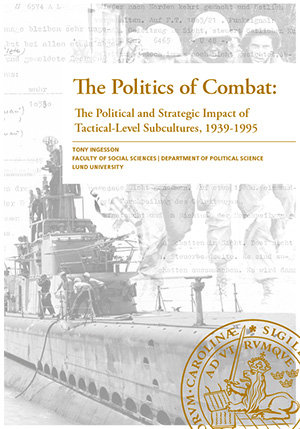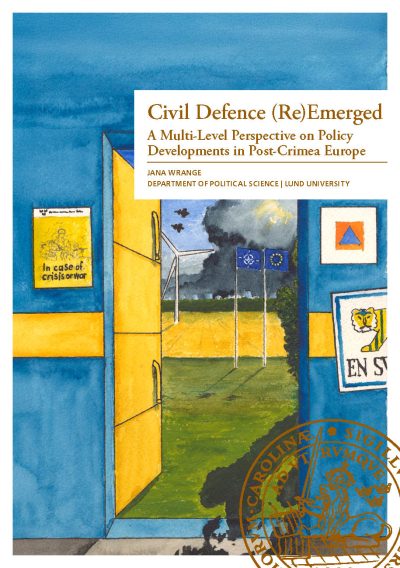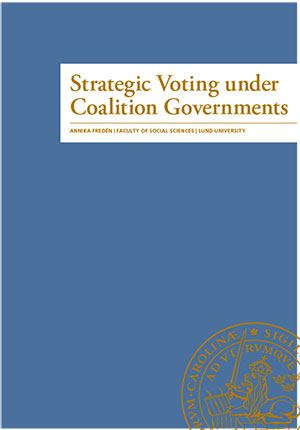The Politics of Combat:
The Political and Strategic Impact of Tactical-Level Suvcultures, 1939-1995
Tony Ingesson
304 kr
Beskrivning
This dissertation argues that lower-level military leaders, commanding between a dozen and a few hundred troops, can have a major political and strategic impact. Furthermore, it is argued that the decisions made by these lower-level military leaders are shaped by subcultures, in particular under conditions of stress and uncertainty. The concept of tactical-level subcultures is defined, drawing on existing research from public administration, military psychology, tactical decision-making and management studies, and used as a conceptual framework for the dissertation. Using the conceptual framework, the theory is then presented, stating that the degree of convergence or divergence between these subcultures and the political and strategic policy objectives can be used to predict the likelihood of compliant output, defined as decisions that are in line with the policy objectives, and thus more likely to produce the desired outcome.
Eight case studies are employed to illustrate the conceptual framework and theory. The case studies are arranged in four pairs, which are first compared to each other. In the summary of the dissertation, the case pairs are then evaluated as a whole. In the first case pair, German and American submarine warfare is compared by studying the first year of combat operations of each organization, in 1939-1940 and 1941-1942, respectively. In the second case pair, two Israeli armored units fighting on the Golan Heights in 1973 are compared to German independent tank units on the Eastern Front in World War II in 1942-1945. In the third case pair, atrocities committed by the American Charlie Company in Song My in 1968 is compared to the development of the German concentration camp guards (Totenkopfverbände) in 1933-1942. In the fourth and final case pair, the Swedish-Danish-Norwegian peacekeeping battalion Nordbat 2 in Bosnia in 1993-1995 is compared to the Dutch battalion operating in the same country during the same time period.
The case studies show that tactical-level subcultures can have a significant impact on the outcomes of war, the conduct of diplomacy, the propensity to commit atrocities and the effectiveness of military units in demanding peacekeeping operations. The dissertation also finds that lower-level military leaders should be regarded as a type of street-level bureaucrats, and that the impact they can have on major political and strategic outcomes has largely been overlooked within political science.
Ytterligare information
| Vikt | 636 g |
|---|---|
| Storlek | 20 × 155 × 220 mm |
| Språk | Engelska |
| Antal sidor | 338 |
| Publikationsår | 2016 |
| Bandtyp | Häftad |
| ISBN | 978-91-7623-707-6 |
| ISSN | 0460-0037 |





